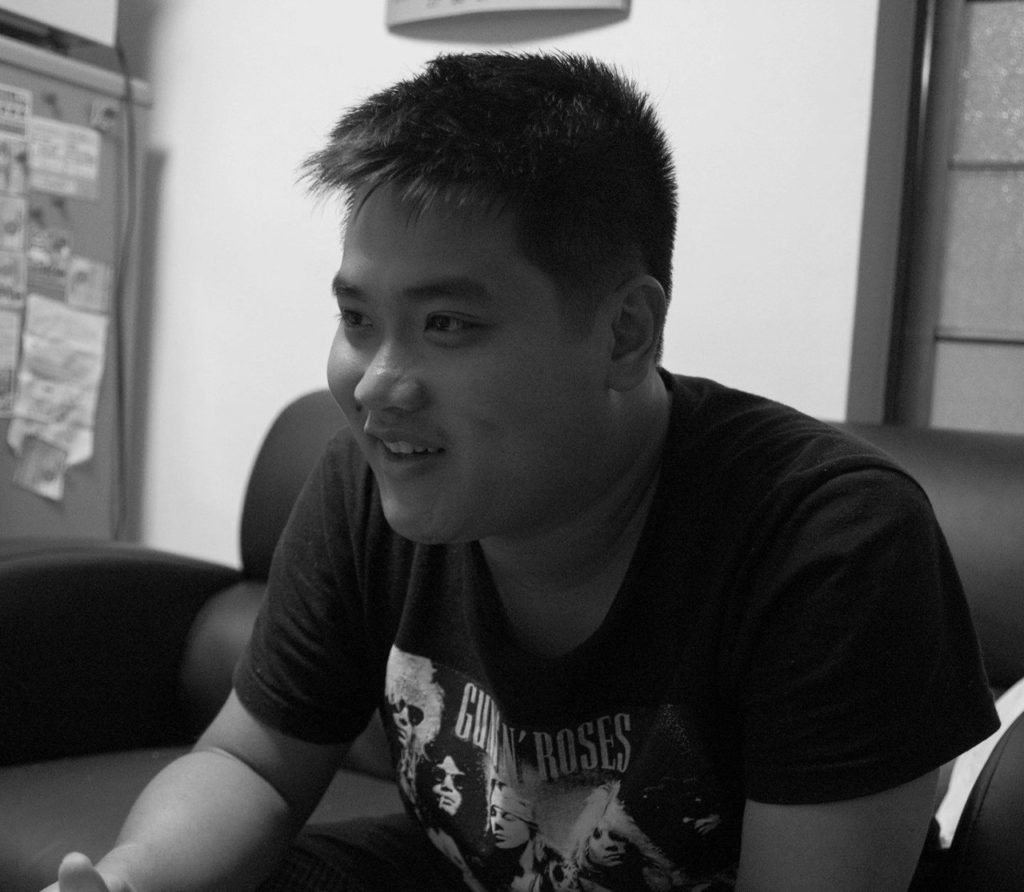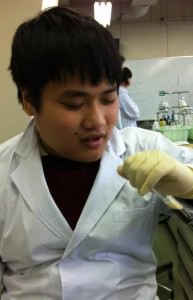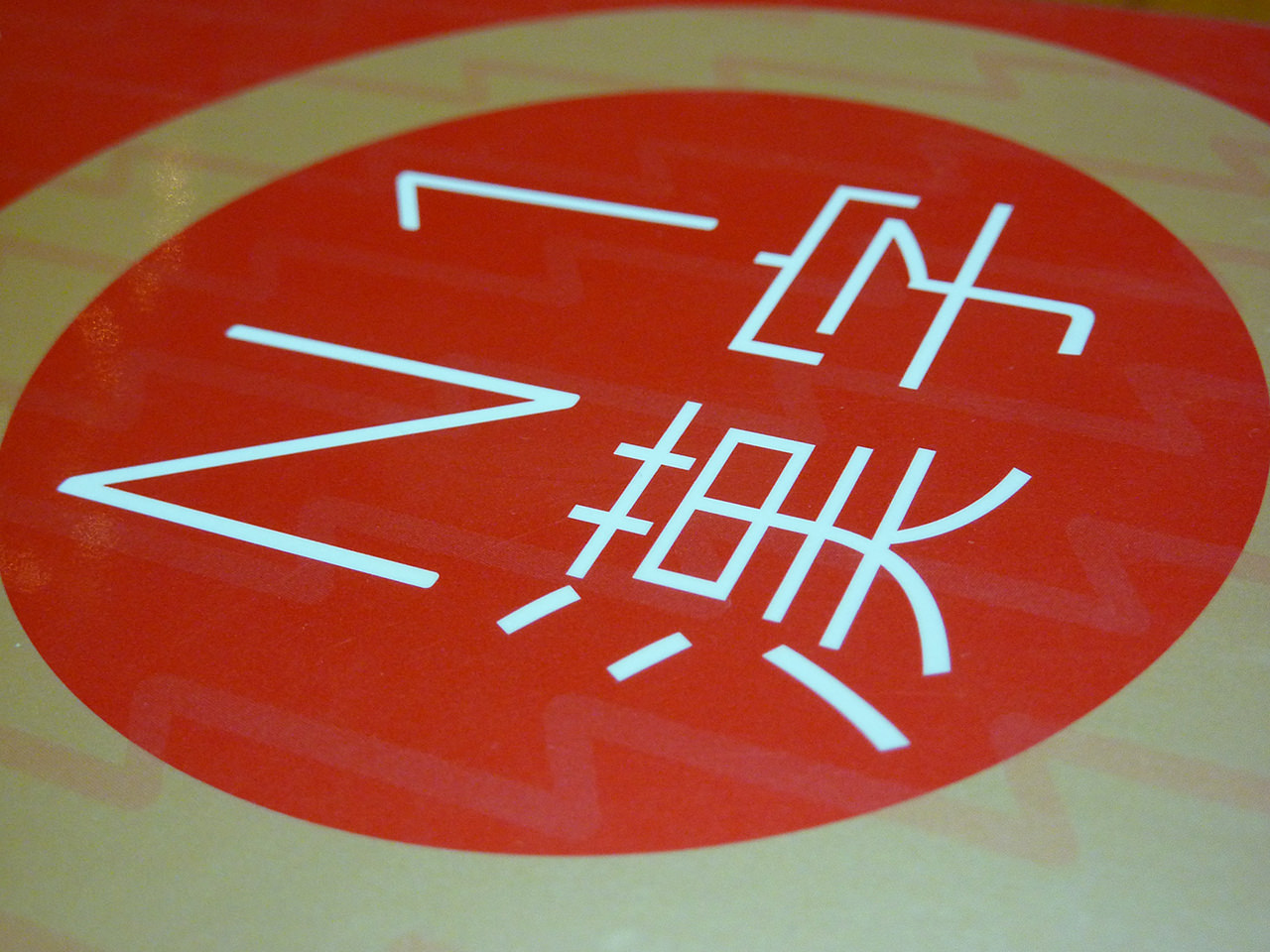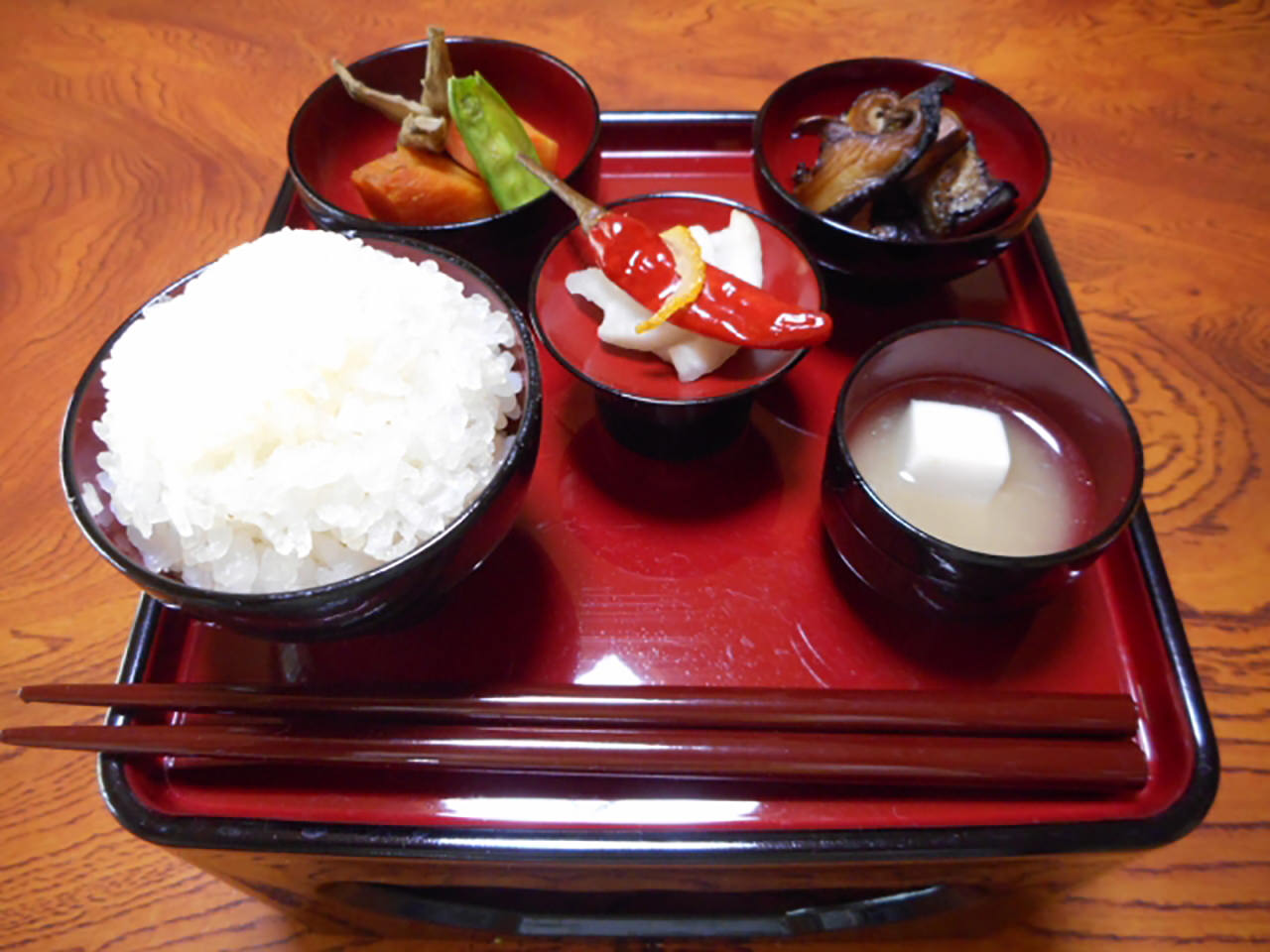How to Study Japanese 2
2016.11.04

Mr. Mai Cong Hung, from Vietnam, is currently in the first year of his Master’s program at Kyoto University. He is majoring in the sciences, studying differential geometry.
Discovering Japanese
 Q: When did you begin studying Japanese?
Q: When did you begin studying Japanese?
A: I came to university here as a regular four year student, so all of my classes were in Japanese–I had to understand it. The Japanese was more challenging than the math, actually. (laughs) I started studying Japanese five and a half years ago, so I couldn’t speak the language at all when I first came to Japan.
Q: Why did you choose Kyoto for your study abroad destination?
A: I wanted to come to Kyoto for Kyoto University, because there’s a differential geometry professor there that I really admired. He’s really among the elite in the world of differential geometry.
Also, Japan isn’t so far from Vietnam—I can get home by plane in about four to six hours—and the culture is quite similar to Vietnam’s, too, so I thought I wouldn’t experience much culture shock. One of my senior classmates was already studying at Kyoto University, too, so it seemed like it would be a pretty easy transition for me to come here.
Since I came to Japan, I’ve been able to go back to Vietnam to visit my family during vacation times once or twice a year, too!
Q: Did you take your entrance exams in Japan?
A: I’m here on the MEXT* scholarship, so I took the exams in Vietnam.
Since I started to study Japanese after coming to Japan, I first spent a year in a Japanese language school, and then entered university. The MEXT scholarship covered my year at the language school, too.
*The Ministry of Education, Culture, Sports, Science and Technology, a Japanese government ministry that administers scholarships annually for foreign students.
How do you recommend studying Japanese?
Q: What kind of textbooks and study materials did you use?
A: At the Japanese language school, we had textbooks that were divided into “beginner” and “intermediate” levels, so I used those at first. I like anime, too, though, and watching anime was good practice for listening to conversations and pronunciation.
Q: Did you have any personal rules, like not using your native language in Japan?
A: It depends on the place, but for example, at the Japanese language school there were times before a test when I tried not to use Vietnamese so I could focus on studying. I wasn’t used to Japanese then, so I was trying to be careful about it. But I can speak so much more now, so I don’t really worry about not speaking Vietnamese anymore.
Q: What are your favorite anime?
A: I like GTO. I’m a Ghibli fan, too. I like a lot of different genres. My favorite Ghibli movie is Whisper of the Heart. The story’s really sweet. I like Only Yesterday, too.
The first time I saw a Ghibli movie, it was in English. The first one was Spirited Away, because it won an Academy Award and became really famous, so that grabbed my interest, and I started watching them in English. My Neighbor Totoro I can watch all in Japanese, because the main speaking characters are children. (laughs)
Q: You studied Japanese by reading newspapers and watching TV, too. What newspapers and TV shows did you read and watch?
A: I read the Asahi Newspaper or watch NHK. The Asahi Newspaper has an online version, so I can read it from Vietnam, too. I only started watching Japanese TV after I came to Japan and bought my own TV, so I just watch whatever I think is interesting that day. I watch the news a lot on YouTube.
Q: What’s difficult about studying Japanese?
A: You know: kanji. There are multiple readings for each character, so it’s really difficult. Figuring out how to use vocab in different situations is hard, too. It’s hard to understand the nuance of the words. Wakarimashita, Ryoukai itashimashita, Kashikomarimashita (meaning, “Understood.”/”I understand.”), they all have slightly different meanings and usage.
Q: Have there been any easy aspects of studying Japanese?
A: The pronunciation of the Japanese alphabet is always the same, so you can read and pronounce anything if you have furigana (phonetic characters). That part is easy to understand.
Q: What did you do to study for tests at the Japanese language school?
A: The language school taught by the textbook, so I bought the book the school chose and studied from that










